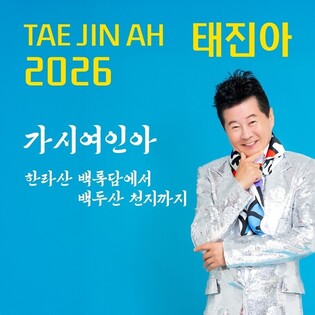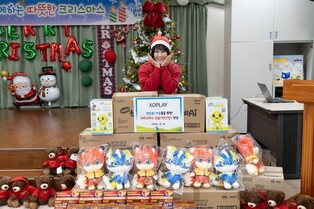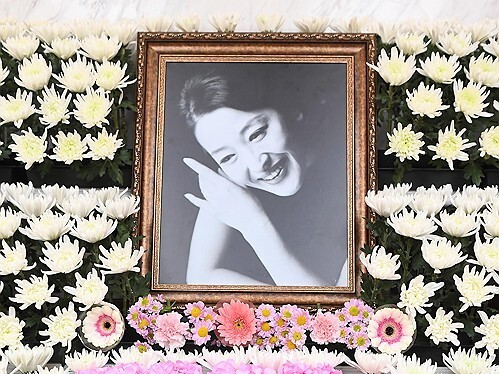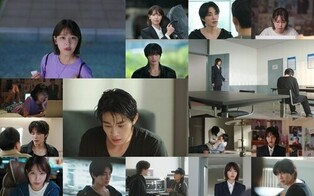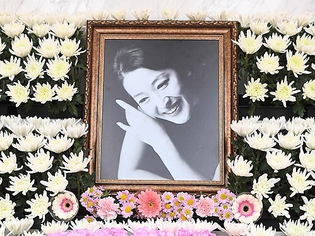dailies-editorials (2)
(EDITORIAL from Korea Times on Dec. 6)
Double whammy
Consumer prices surge, while income declines
South Koreans are bearing the brunt of a double whammy ― soaring consumer prices and declining income. Simply put, they are increasingly worse off amid the resurgent COVID-19 pandemic and runaway housing prices.
According to Statistics Korea, consumer prices surged 3.7 percent in November from a year earlier. The figure was up from a 3.2 percent jump recorded in October, and marked the steepest increase since December 2011. Rising prices of crude oil and farm products were to blame for the mounting inflationary pressure.
More worrisome is a 5.2 percent surge in the cost of daily necessities ― 141 items, including food, clothing and housing, which directly affect people's daily lives. Home prices also rose 1.9 percent, extending their upward march for 19 months in a row. All of this makes it more difficult for people, particularly low-income workers, to make ends meet. Many complain their purchasing power is on the decline due to the surging consumer prices.
No less serious is a fall in the country's gross national income (GNI). According to the Bank of Korea (BOK), the inflation-adjusted GNI dropped 0.7 percent in the third quarter of the year from the previous quarter. This drop indicated that people's real income shrank, and there are few signs that the situation will get better anytime soon.
Another piece of gloomy news is that households' average consumption spending accounted for 67.4 percent of their disposable income in the third quarter, the lowest since the first quarter of 2006 when Statistics Korea began recording such data. This shows that people have tighten their purse strings because of growing rent, higher taxes, and heavier interest payments. Sliding consumption could lead to a vicious cycle of a fall in production and investment, causing an economic slump.
The BOK left its 2021 economic growth projection at 4 percent last month when it raised its key policy interest rate by 0.25 percentage points to 1 percent. The rate hike, the second of its kind this year after the first one in August, was intended to tame inflation and runaway housing prices. The central bank has also hinted at additional hikes next year. Yet skepticism is growing over the effects of the increase as well as the economic outlook. Pessimists warn that the economic recovery might slow down in the face of the rapid spread of the new Omicron variant of COVID-19 and other downside risks such as global supply chains disruptions.
As things stand now, there are growing fears of "slowflation," a combination of slow growth and high inflation. President Moon Jae-in and his policymakers should have a sense of crisis as it now appears that bringing inflation under control and achieving economic recovery in a short period of time will be very difficult. They need to think outside the box to map out new policy options that can better cope with mounting global and domestic challenges and uncertainties. They must put their top priority on improving the people's livelihood.
(END)
(C) Yonhap News Agency. All Rights Reserved























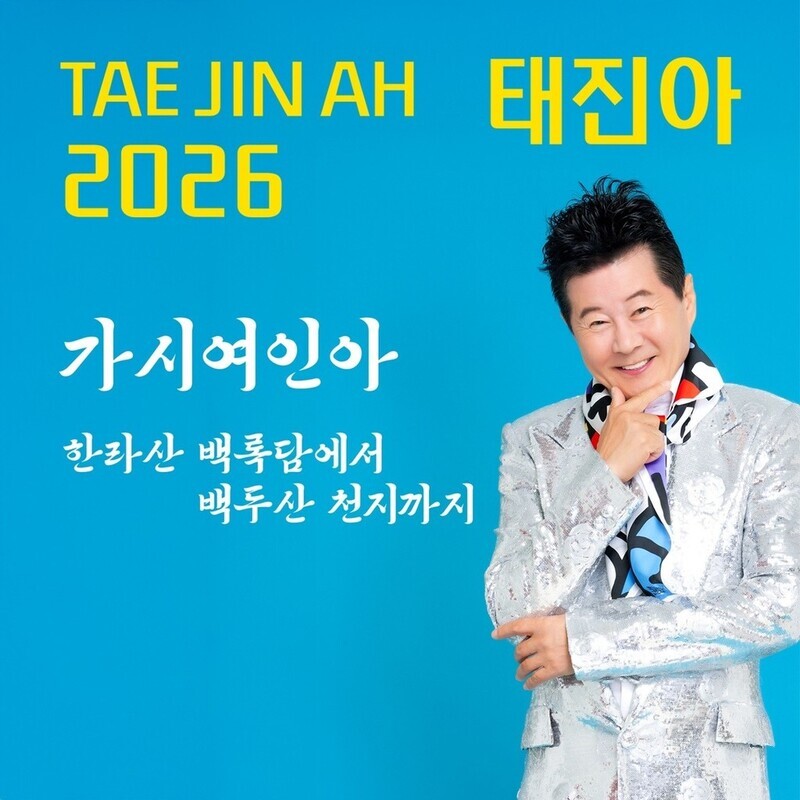

![[가요소식] 솔비, 13년째 보육원 찾아 봉사활동](/news/data/20251223/yna1065624915963288_822_h2.jpg)
